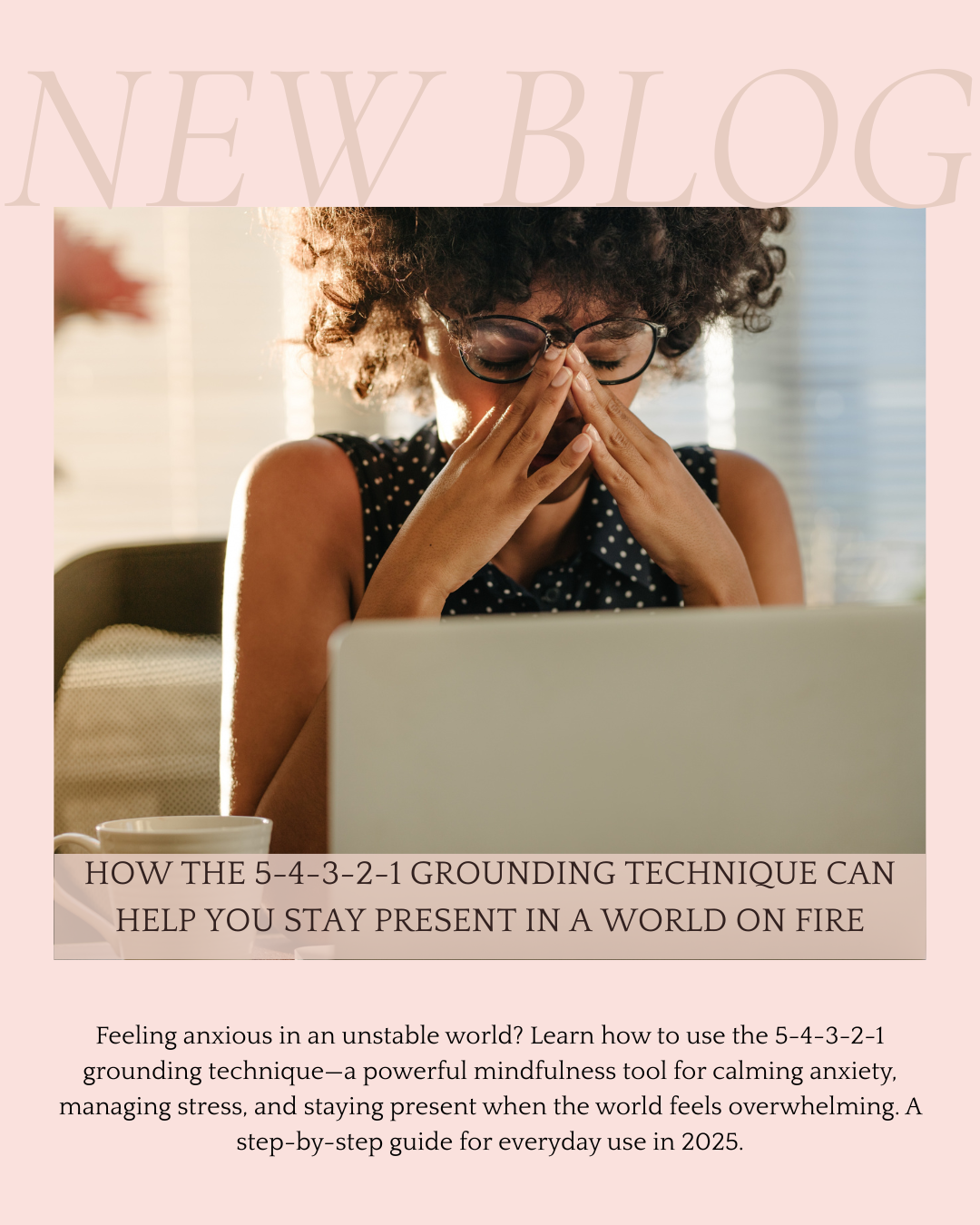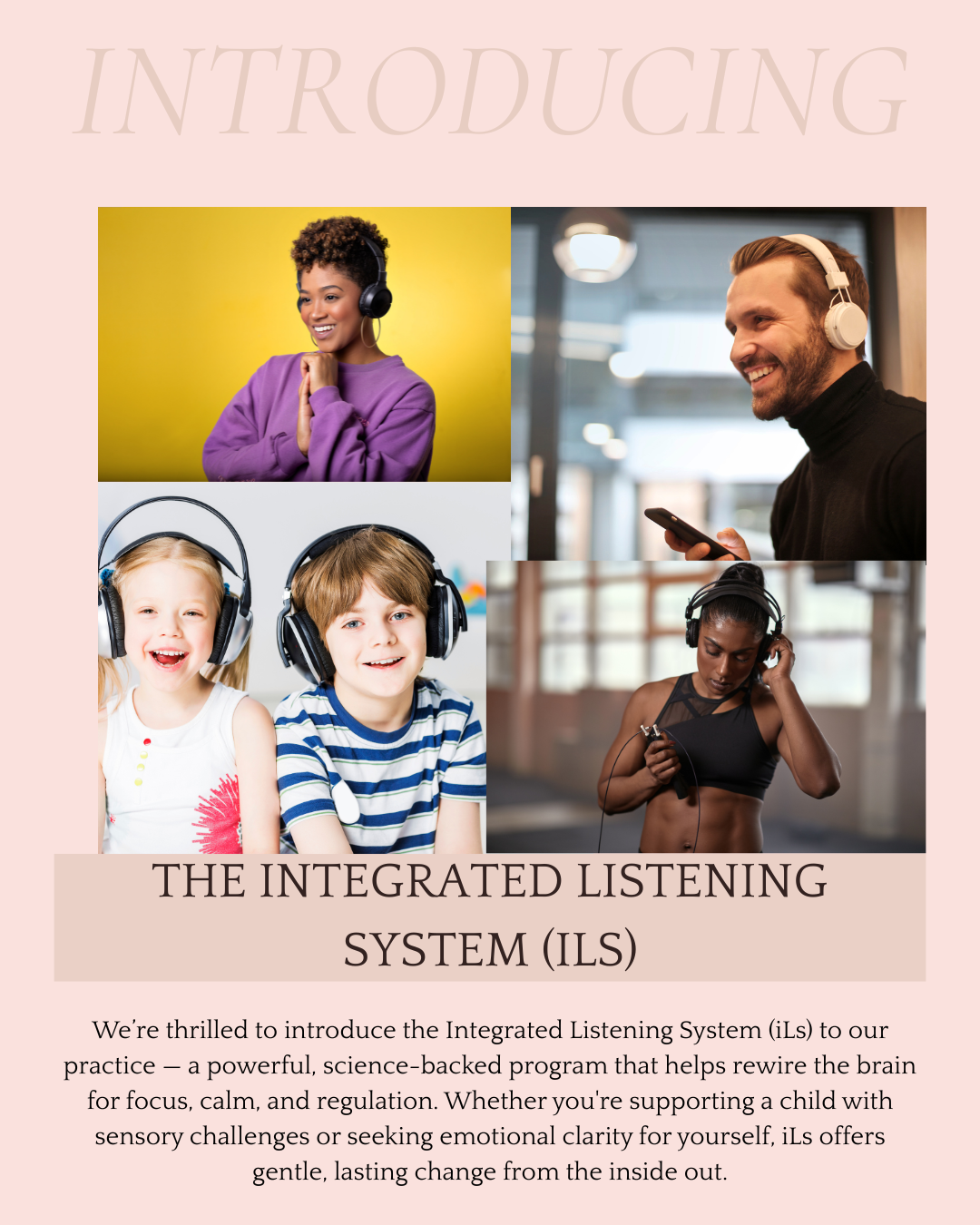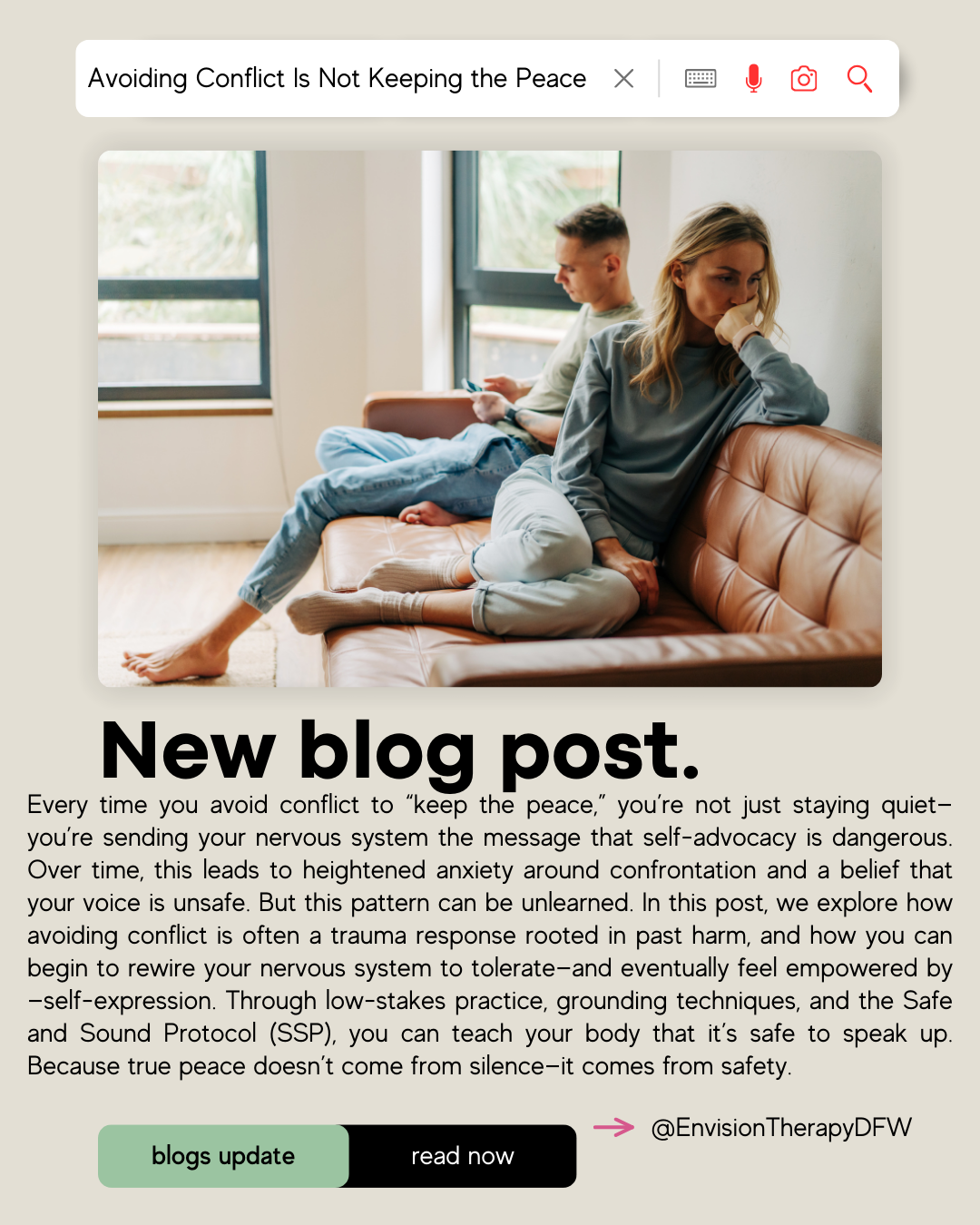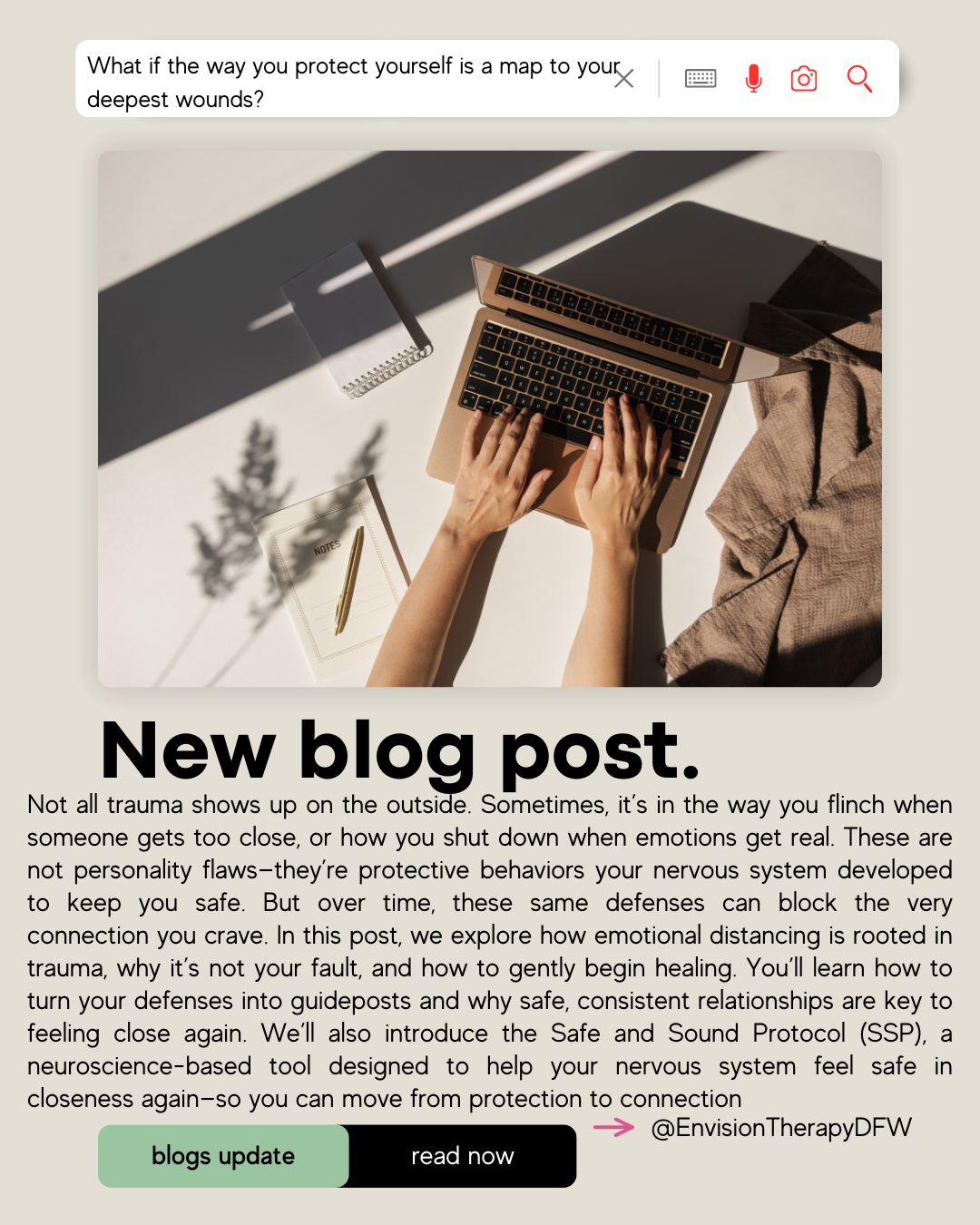-

How the 5-4-3-2-1 Grounding Technique Can Help You Stay Present in a World on Fire
•
Feeling overwhelmed by the pace of change in the world? The 5-4-3-2-1 grounding technique is a science-backed way to calm your mind and reconnect with the present moment—using nothing but your senses. This post walks you through exactly how to use it when anxiety spikes in uncertain times.
-

New to Our Practice: The Integrated Listening System (iLs)
•
We’re thrilled to introduce the Integrated Listening System (iLs) to our practice — a powerful, science-backed program that helps rewire the brain for focus, calm, and regulation. Whether you’re supporting a child with sensory challenges or seeking emotional clarity for yourself, iLs offers gentle, lasting change from the inside out.
-

Healing Isn’t Linear—Some Days, Progress Looks Like Rest
•
Healing doesn’t always look like growth—it often looks like stillness. If you’ve ever felt like you were going backward because your energy disappeared or your progress paused, you’re not failing. You’re integrating. In this post, we explore why healing is nonlinear, how to work with your body instead of pushing against it, and why…
-

When Boundaries Are Born from Betrayal
•
Not all boundaries are built from empowerment—some are built from betrayal. If your strongest boundaries were formed after broken trust, they may have protected you once—but now might be keeping you from connection. In this blog, we explore how emotional wounds shape our limits, how to tell the difference between protection and avoidance, and…
-

Forgiveness Isn’t Trust—It’s Releasing the Burden They Left Behind
•
Forgiveness is often misunderstood. It’s not about trusting again or forgetting what happened—it’s about choosing peace, even if they never apologize. When you’ve been betrayed or emotionally harmed, your nervous system holds onto that pain, replaying it like a loop. This blog explores how forgiveness is a way to free yourself—not to let them…
-

Avoiding Conflict Is Not Keeping the Peace
•
Every time you avoid conflict to “keep the peace,” you’re not just staying quiet—you’re sending your nervous system the message that self-advocacy is dangerous. Over time, this leads to heightened anxiety around confrontation and a belief that your voice is unsafe. But this pattern can be unlearned. In this post, we explore how avoiding…
-

What if the way you protect yourself is a map to your deepest wounds?
•
Not all trauma shows up on the outside. Sometimes, it’s in the way you flinch when someone gets too close, or how you shut down when emotions get real. These are not personality flaws—they’re protective behaviors your nervous system developed to keep you safe. But over time, these same defenses can block the very…



